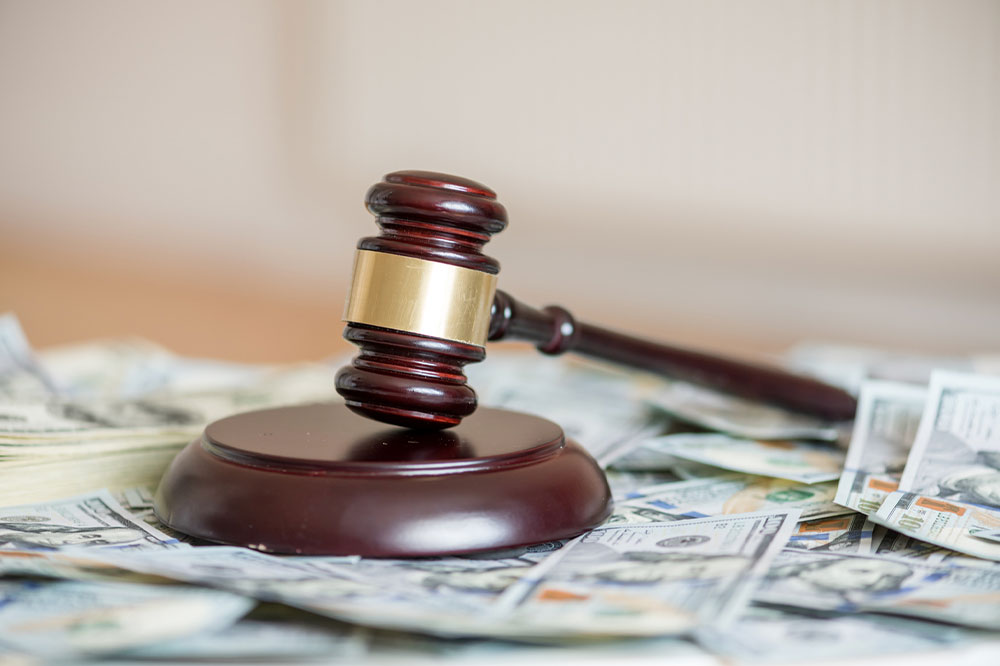Avoid these 5 mistakes to prevent financial fraud

Financial scams are a common phenomenon in the country; according to data released by the Federal Trade Commission, consumers reported losing more than $3.8 billion due to investment scams in 2022. So, it is important to remain vigilant and practice caution before initiating any online interaction or transaction with a business or a stranger. Here is a look at some common mistakes you should avoid to protect yourself from financial fraud:
Using one password for multiple accounts
You should frequently change passwords for your sensitive accounts, like those on banking apps and other platforms that have access to your confidential information. So, your accounts investment portals and digital wallets should have unique and strong passwords that are not easy to crack. It is also important to note that using one password for all your accounts increases the risk of fraud. When one account is hacked, others with the same password can also be hacked.
Falling for shopping scams
Online shopping has made it extremely convenient for customers to order anything from anywhere. While this has helped businesses grow, it has made room for all kinds of scams. You should ensure that the business you are buying from is legitimate. Not only that, you should use a secure Wi-Fi network to carry out all kinds of transactions.
Responding to phishing mails
This is a common fraud where scammers disguise themselves as bank executives and send emails to the bank’s customers. They will ask to update account information or confirm bank details with you. You should never respond to such emails, as no reliable bank will contact you to re-confirm or demand any personal or financial information that they already have.
Discarding confidential documents
In case you are disposing of any old bank documents, ensure that nobody can read or access them. These documents may have sensitive information like your account number, statement details, credit details, address, phone number, and social security number. Always shred the documents properly before discarding them. Also, whenever you lose an important document or a credit card, report it to the bank immediately and file a complaint. This way, no one can misuse your information and money.
Not monitoring your credit
You should review your accounts and keep track of your transactions. Here, signing up for a credit monitoring service can help. The service alerts you if it detects any suspicious activity on your account or credit history.



